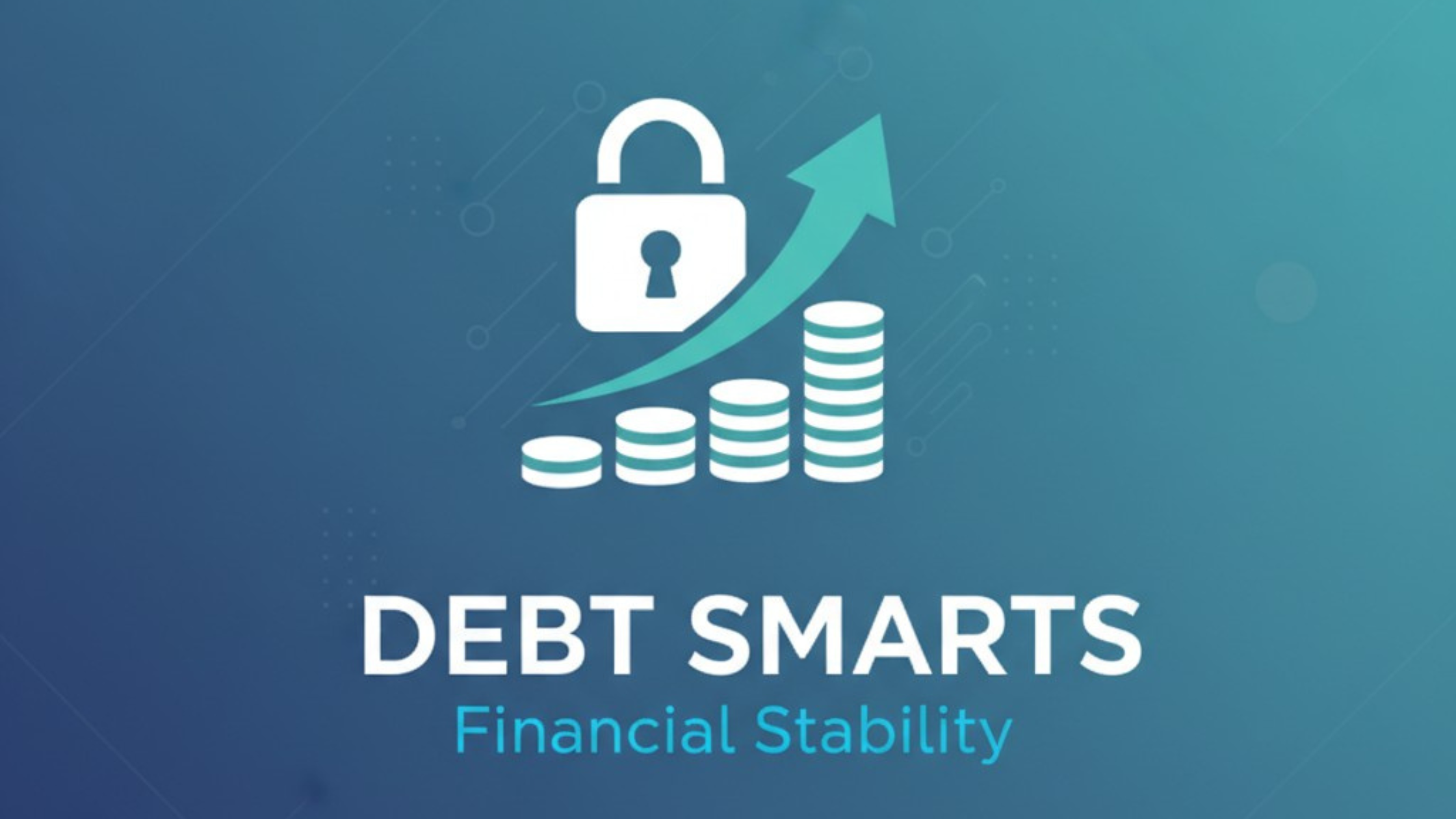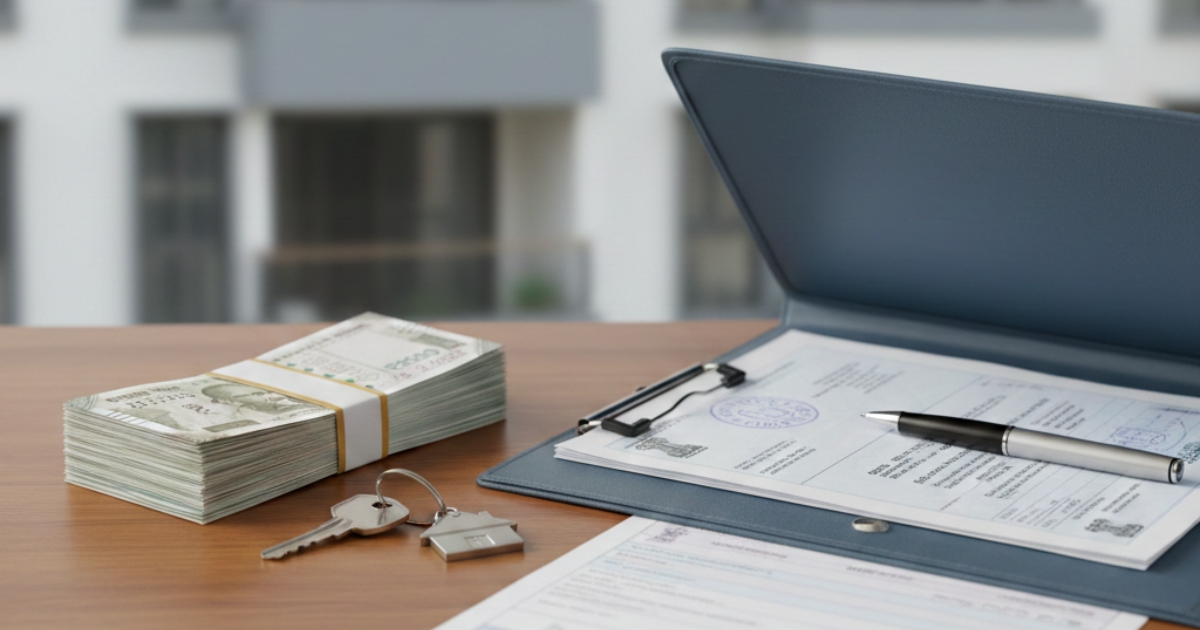Financial Awareness · 4 min read
Smart Ways to Handle Debt and Stay Financially Stable
Discover practical and mindful ways to handle debt smartly. Learn how to manage loans, avoid stress, and stay financially stable without taking risky steps.

In today’s fast-paced life, it’s not unusual for people to take loans , whether for education, a home, or unexpected medical expenses. But when payments start feeling heavy, the stress can quietly build up.
Handling debt smartly isn’t just about paying it off , it’s about managing your money in a way that keeps you mentally and financially balanced.
Here are some practical and thoughtful ways to handle debt more wisely and move towards a stable financial routine.
1. Know Where You Stand
Before making any decision, take a moment to understand your current situation.
Make a note of your total dues, monthly income, and basic expenses. It’s not about judging yourself , it’s simply about gaining clarity. Once you know your position, it becomes easier to take the next step with confidence.
2. Organize Your Payments
If you have multiple loans or credit card bills, it helps to keep them organized.
You can note down due dates, minimum payments, and lender details. Sometimes, a simple list can reduce confusion and help you avoid missing deadlines. It’s a small habit that adds a sense of control.
3. Avoid Ignoring Calls or Messages from Lenders
It’s natural to feel stressed when banks or agents keep calling , but avoiding them doesn’t make the problem disappear.
Instead, try to communicate clearly. Let them know your situation calmly. If the pressure becomes overwhelming, a debt settlement agency can help you handle such interactions more professionally.
4. Focus on Essential Expenses First
During financial stress, it’s better to focus on what’s necessary , home, groceries, education, or medical needs.
Once you handle the basics, you can slowly plan for other payments. Trying to cover everything at once can lead to burnout, so balance is important.
5. Avoid Taking New Debt to Pay Old Ones
It may seem tempting to take another loan or use one credit card to pay another, but that usually deepens the cycle.
Instead, take a pause and explore other options. In some cases, talking to a loan settlement consultant can help you understand alternatives that reduce your financial load.
6. Build a Simple Monthly Budget
You don’t need fancy apps or formulas , even a handwritten list can work.
Just make a note of income, essentials, and leftover money. It helps you see how much can go towards clearing dues without disturbing your daily life. A small budget brings a big sense of clarity.
7. Start Setting Aside Small Savings
Even when you’re managing debt, try to save a little , no matter how small the amount.
This habit creates a financial cushion for emergencies and keeps you from depending fully on credit. Over time, it builds confidence that you can handle situations more independently.
8. Stay Calm During Collection Pressure
If recovery agents start calling frequently or visiting your place, it can be stressful.
Try to stay calm and avoid any arguments. If it becomes too uncomfortable, you can reach out to professionals who help stop recovery agent harassment legally and respectfully. Staying composed helps you protect your rights and peace of mind.
9. Learn About Debt Settlement Options
Debt settlement isn’t always about escaping dues , it’s about negotiating fairly based on your genuine situation.
If managed properly, it can bring relief from overwhelming repayments. But it’s important to discuss it carefully with someone who understands the process before taking any decision.
10. Focus on Long-Term Stability, Not Quick Fixes
True financial recovery happens gradually. Once your debts are under control, focus on building steady habits , tracking expenses, avoiding unnecessary borrowing, and setting small goals. Over time, these simple steps create a strong foundation for long-term peace of mind.
Final Thoughts
Dealing with debt can be emotionally and mentally exhausting , but it doesn’t define your financial future.
The key is to take one careful step at a time. Whether it’s organizing your payments, communicating with lenders, or seeking help from a debt settlement agency, every thoughtful action brings you closer to stability.
Remember , financial peace doesn’t come overnight, but it does come with awareness, patience, and the right support.
Disclaimer
The information shared in this blog is for general awareness only. Every borrower’s situation may differ, and the actual process or outcome can vary based on individual circumstances.



